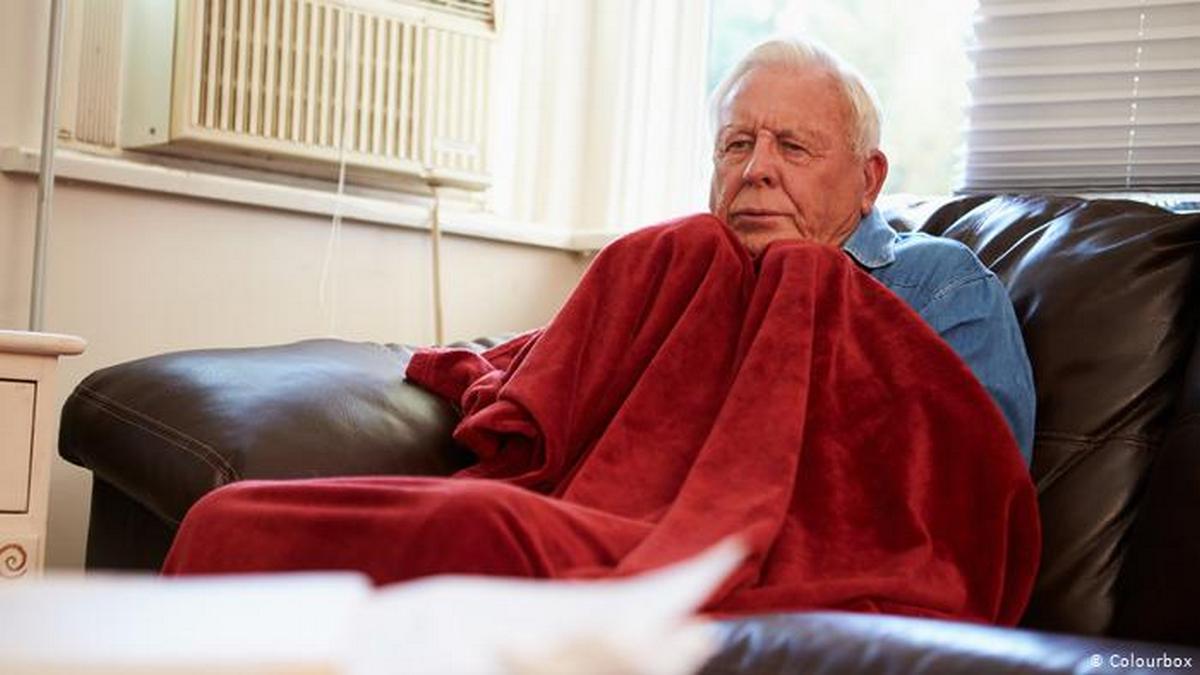Will Europeans freeze this winter? And how much will they have to pay for heating? In Russia, where Gazprom is located, the media have been writing for some time about the shortage of gas in Europe, and the image of “frozen Germany” has become popular on Russian social networks. But what is the real situation, and is an unpleasant winter really approaching for EU households?
How much gas is there in Germany? And what about other countries?
First, let’s look at gas storage in the EU. Are they really almost empty on the eve of winter? Agence France-Presse (AFP) reported, citing the Association of European Gas Infrastructure Operators (GIE) in Brussels, that as of September 20, 2021, the EU’s gas storage facilities were approximately 71% full. This is much less than in previous years, when they were 90 percent or more full, but still shows that some media statements about “empty” or “half-empty” gas storage facilities are not true.
In Germany, which consumes, imports and stores the largest volumes of natural gas in the EU, storage facilities are on average about 64% full. The difference in stored volumes is significant. In Reden, the largest gas storage facility in Germany and in the EU as a whole, only 5% of the normal volume remains available. Sebastian Bleschke, executive director of the German Association of Gas Storage Operators (INES), said that a year ago the same storage was 87% full.
The Reden gas storage facility is owned by Gazprom and is connected to the Nord Stream gas pipeline via the North German Gas Pipeline (NEL), which runs from Lubmin in the Baltic Sea to Reden in Lower Saxony. This intermediate pipeline, about 440 kilometers long, is also controlled by a Russian company. In other words, the underground storage in Reden is almost entirely dependent on Russian gas supplies, which are currently particularly slow.
All this raises suspicions that Gazprom has been deliberately selling off gas from its EU reserves all summer to meet its contractual obligations to European consumers in order to create an artificial deficit in the autumn to raise prices and put pressure on Berlin and Brussels for a quick and complete agreement. for the construction of Nord Stream-2. And this would contradict the requirements of the EU’s Third Energy Pact.
In January-February 2022, there may be a shortage of natural gas in Germany, but the available reserves of about 70% are likely to be enough until the end of winter, unless it turns out to be particularly severe and icy. Even if Russia fulfills its contractual obligations to a minimum, Norway will be able to increase supplies. Demand in Bulgaria, Italy and Greece, on the other hand, can be met by gas from Azerbaijan coming through the TAP pipeline. There are other alternatives, such as supplies of compressed natural gas (CNG) from the United States and a number of African countries.
Prices in Germany are rising
The prospect of gas shortages, which is still only hypothetical, however, has caused an unprecedented rise in prices in a number of European countries. In Germany, average gas prices for end users have already risen by an average of 11% – 13%, according to the portal Verivox. For the average household, this means an average increase in heating costs of around € 191 per year or € 16 per month.
Again, according to Verivox, over the past 12 months, electricity prices in Germany have risen by an average of 5.7%. However, in Germany, households are free to switch suppliers of gas and electricity, which creates much more competition between companies and to some extent restrains price increases in this area. It is important to know something else: more than half of the final price of electricity for consumers consists of various fees, taxes and deductions. Thus, in a possible extreme situation, the German government can always use these tools to drastically reduce electricity prices by temporarily canceling certain payments. A similar measure has been implemented, for example, in Spain and Berlin as part of anti-crisis measures against the pandemic.

